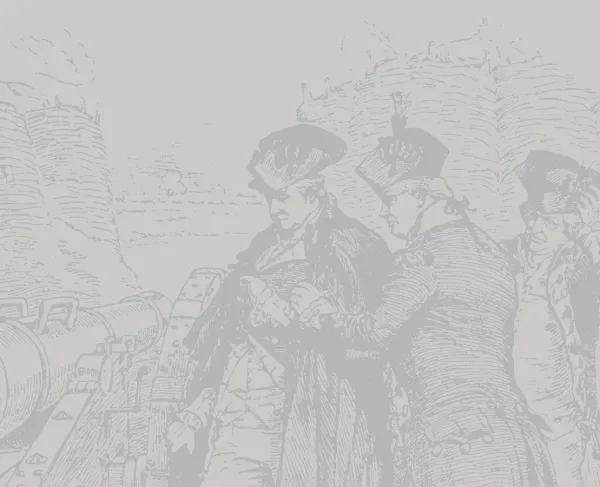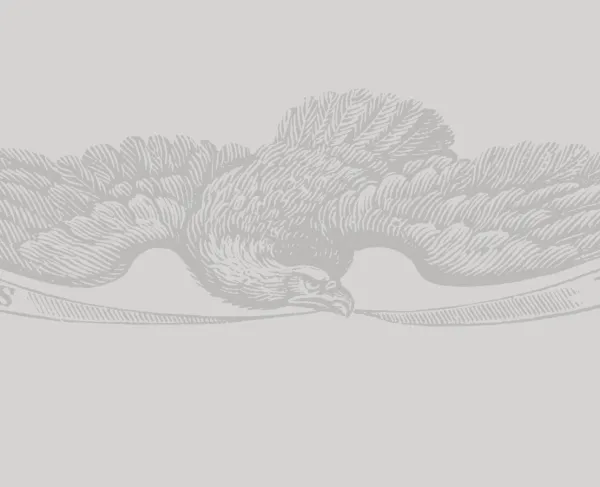“A Slave for Five Years Fighting for Liberty”

Born in west Africa around 1742, Boyrereau Brinch was born in Africa around 1742, and he was kidnapped into slavery at age 16. Sold at the Caribbean island of Barbardos, Brinch fought in the French and Indian War while enslaved on a British navy ship. He was sold in Connecticut and in 1777 during the American Revolution, he enlisted in the Connecticut militia. He served for 5 years, was honorably discharged and claimed his freedom. In the early 19th Century, a British journalist extensively interviewed Brinch and helped him tell his story in publication for the anti-slavery movement.
When this lady died I descended like real estate in fee simple to her son Benjamin Stiles, Esq. About four years after her death, her two sons, Benjamin and David, were drafted to fight in the revolution. I also entered the banners of freedom. Alas! Poor African Slave, to liberate freemen, my tyrants. I had contemplated going to Barbados to avenge myself and my country, in which I justified myself by Sampson’s prayer, when he prayed God to give him strength that he might avenge himself upon the Philistines, and God gave him the strength he prayed for.
I went into Capt. Granger’s company, from hence I was drafted into Capt. Barker’s company of light infantry, as they wanted six-feet men. I then wanted but a quarter of an inch of being 6 feet 3 inches. We marched to Frog Plain, from there to Second Hill between Reading and Ridgold. On the Spring we came to Pauncludg, there to Salem. General Worcester commanded the British under the command of General Howe, who attacked us. We beat them back; the fight was continued all day, and the victory was sometime doubtful. From thence we marched to White Plains, I devoted myself to study, making some philosophical observations on vegetation &c.
From White Plains, we marched to Fort Montgomery at which place we remained until June. From thence we proceeded to Mud-Fort [maybe Fort Ann], where we encamped until August. In the latter part of the month of August [1777] the Fort was attacked, and after every exertion we could possibly make, we were obliged to surrender to superior force; and we retreated to Kingsbridge. Soon after our arrival at Kingsbridge, New York was evacuated, and we entered the city under the command of Col. Owin from Rhode Island....
I belonged to one Capt. Baker’s company when the attack was made upon us at Hackensack [New Jersey]. I was on the flank and the charge was made there; we gave them a warmer salute and lost many brave Yankee-boys. Our Battalion was charged by their light horse, and we beat them off with our bayonets.
After this battle, we heard that the enemy were making their way to Stanford. We marched there immediately and arrived before them. A party marched down into some meadows to watch their motion; on discovering their superior force, we fired upon them and ran off fully believing, “That he who fights and runs away, May live to fight another day."
We concealed ourselves behind a stone wall for some minutes. They lost sight of us but continued firing for some time. As we were passing over a small rise of ground, several balls whistled by us, and what was peculiarly diverting to us, one Calob [Caleb] Nicholas dodged a bullet after it had passed us for above 5 seconds. We ran to the fort at Stanford but the enemy had gotten possession; we then took again to our heels. We then retreated to Salem; from thence we marched to West Point, where we remained until September. From thence we went to Horseneck—where we remained until winter, frequently searching about the adjacent country. Finally, I was in the battles at Cambridge, White Plains, Monmouth, Princeton, Newark, Frog’s Point, Horseneck where I had a ball pass through my knapsack. All which battles the reader can obtain a more perfect account of in history than I can give. At last we returned to West Point and were discharged, as the war was over. Thus was I, a slave for five years fighting for liberty.
After we were disbanded, I returned to my old master at Woodbury, with whom I lived one year, my services in the American war having emancipated me from further slavery and from being bartered or sold. My master consented that I might go where I pleased and seek my fortune. Hearing flattering accounts of the new state of Vermont, I left Woodbury and travelled as far as the town of Lenox in Massachusetts, where for the first time I made a bargain as a freeman for labor. I let [hired] myself to a Mr. Elisha Orsborn for one month at the price of five dollars. When I had fulfilled this contract, I travelled to the town of Poltney in Vermont. There again I let myself to a Mr. Abiel Parker for the sum of thirteen pounds ten shillings, for six months. Here I enjoyed the pleasures of a freeman; my food was sweet, my labor pleasure: and one bright gleam of life seemed to shine upon me.
Source:
Excerpts from The Blind African Slave, or, Memoirs of Boyrereau Brinch, nicknamed Jeffrey Brace (originally published in 1810).
Related Battles
75
270
325
381
217
233




